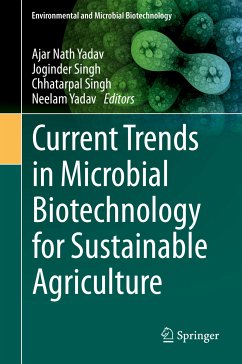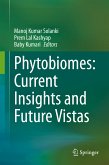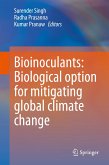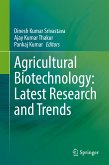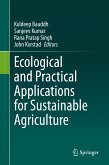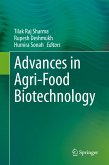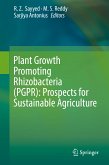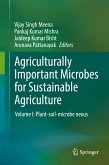The major focus in the coming decades will be on achieving a green and clean environment by utilizing soil and plant-associated beneficial microbial communities. Plant-microbe interactions include the association of microbes with plant systems: epiphytic, endophytic and rhizospheric. The microbes associated with plant ecosystems play an important role in plant growth, development, and soil health. Moreover, soil and plant microbiomes help to promote plant growth, either directly or indirectly by means of plant growth-promoting mechanisms, e.g. therelease of plant growth regulators; solubilization of phosphorus, potassium and zinc; biological nitrogen fixation; or by producing siderophores, ammonia, HCN and other secondary metabolites.
These beneficial microbial communities represent a novel and promising solution for agro-environmental sustainability by providing biofertilizers, bioprotectants, and biostimulants, in addition to mitigating various types of abiotic stress in plants. This book focuses on plant-microbe interactions; the biodiversity of soil and plant microbiomes; and their role in plant growth and soil health. Accordingly, it will be immensely useful to readers working in the biological sciences, especially microbiologists, biochemists and microbial biotechnologists.
Dieser Download kann aus rechtlichen Gründen nur mit Rechnungsadresse in A, B, BG, CY, CZ, D, DK, EW, E, FIN, F, GR, HR, H, IRL, I, LT, L, LR, M, NL, PL, P, R, S, SLO, SK ausgeliefert werden.

